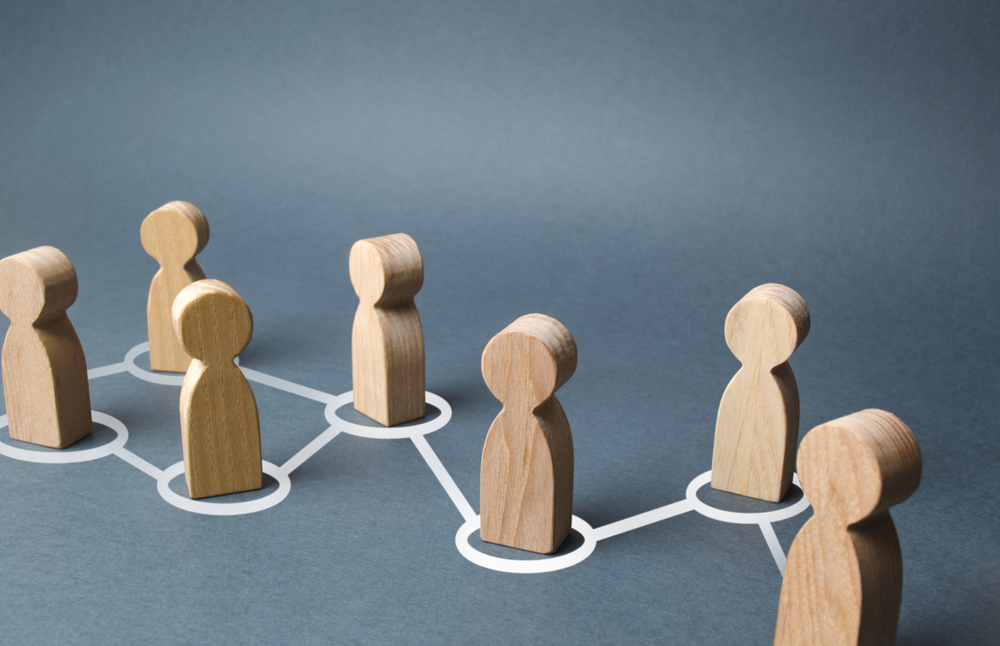The World Health Organization (WHO) explains mental health as “a state of well-being in which the individual realizes his or her own abilities, can cope with the normal stresses of life, can work productively and fruitfully, and is able to make a contribution to his or her community.” Teen friendships are integral to a young person’s social and emotional growth and development. Healthy teen friendships can provide adolescents with a sense of acceptance and belonging and encourage engaging in beneficial pastimes. Exercising, for example, can improve mental well-being, as it can reduce anxiety and depression, enhance self-esteem, reduce social isolation, and improve cognitive function. Friendships can act as positive influences in cultivating healthy life habits. Having friends with which to explore healthy activities and hobbies can play a key role in improving mental health.
Importance of Social Connectedness
Research has long shown the benefits of social connection for individual well-being. Experts suggest that not only do friends resemble each other superficially, but in the very structures of their brains. According to the New York Times, “scientists have found that the brains of close friends respond in remarkably similar ways as they view a series of short videos: the same ebbs and swells of attention and distraction, the same peaking of reward processing here, boredom alerts there…[and] could predict the strength of two people’s social bond based on their brain scans alone.” The Mayo Clinic asserts that social connections and friends can:
- Prevent isolation and loneliness
- Increase your sense of belonging and purpose
- Boost your happiness and reduce your stress
- Improve your self-confidence and self-worth
- Help you cope with traumas, such as divorce, serious illness, moving, or the death of a loved one
- Encourage you to change or avoid unhealthy lifestyle habits, such as excessive drinking or lack of exercise
Teenagers with strong social connections, who feel connected at school and at home, are 66% less likely to experience negative health outcomes related to sexual health, substance use, violence, and mental health issues in adulthood. Further, young people that maintain social connections are generally healthier than those who lack a support network.
For Information and Support
Every family in need of mental health treatment must select a program that will best suit the needs of their family. When one member of a family struggles, it impacts everyone in the family unit. To maximize the benefits of treatment we work closely with the entire family to ensure that everyone is receiving the support they need through these difficult times. Seeking help is never easy, but you are not alone! If you or someone you know needs mental health treatment, we strongly encourage you to reach out for help as quickly as possible. It is not uncommon for many mental health difficulties to impact a person’s life, long term. Pursuing support at the beginning of one’s journey can put the individual in the best position to learn how to manage themselves in a healthy way so they can go on to live happy and fulfilling lives.
OUR KNOWLEDGEABLE ADMISSIONS TEAM CAN BE REACHED 24/7 AT INFO@PACIFICRTC.COM OR CALL: 800-531-5769






